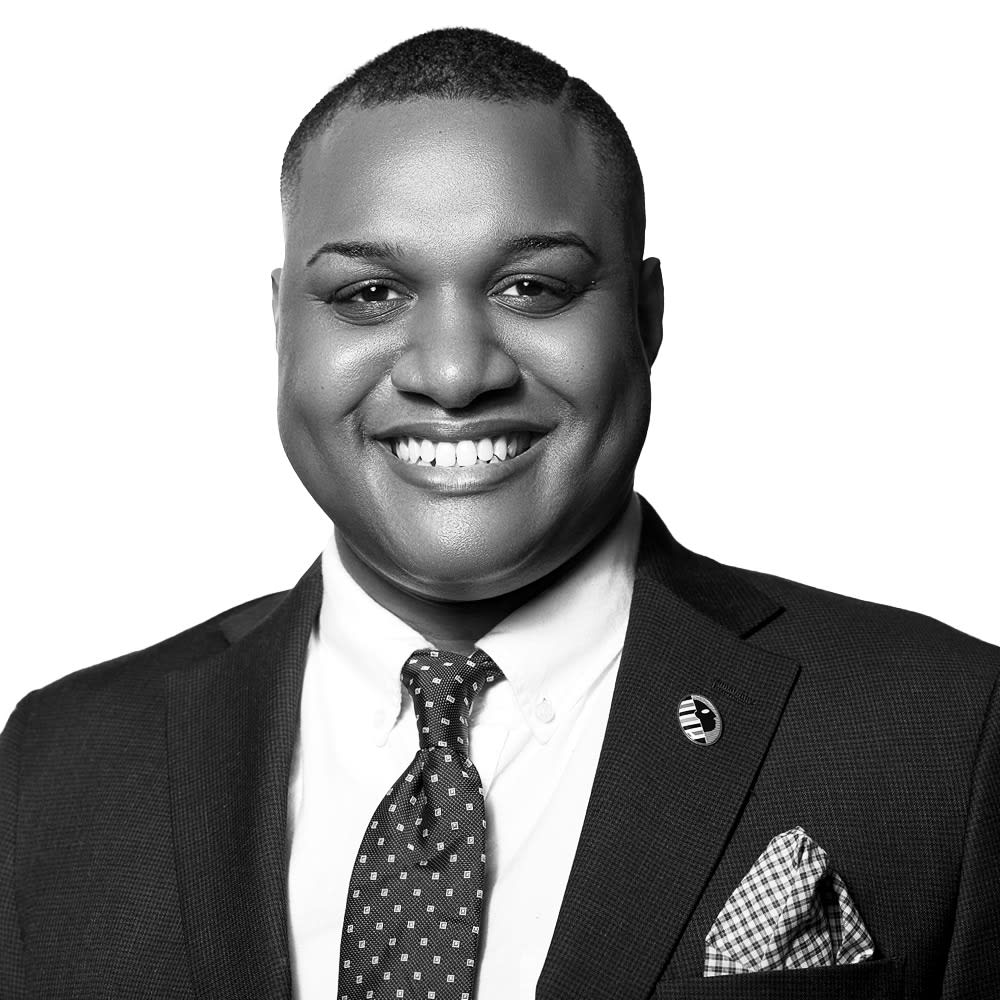What happened on Tuesday night wasn’t supposed to happen.
The Democrats are now on the cusp of taking back the Senate after Raphael Warnock and apparently Jon Ossoff have flipped the state of Georgia. Warnock has already been declared the winner, defeating Republican incumbent Kelly Loeffler. He will now become the first Georgia Democrat elected to the Senate in 20 years and the first Black senator to ever represent the Peach State. Meanwhile, Ossoff is edging ever closer to victory, which would give the Democratic Party control of the White House, House, and Senate—total power they haven’t had since President Barack Obama’s first term.
It was a long time coming for two candidates who had to face some of the nastiest campaign politics in recent history. In his closing message to voters, Ossoff’s GOP opponent, David Perdue, suggested that if Republicans lose, undocumented immigrants will get the right to vote, Americans’ private health insurance will be “taken away,” and Democrats will defund the police and pack the Supreme Court.
ADVERTISEMENT
Loeffler spent a great deal of time attacking Warnock’s role as a reverend/activist, while resurfaced photos of her with an alleged former Klu Klux Klan member and other white supremacists gained traction. This was a run-off battle that pitted Trumpism against progressive politics in a divided political climate in a battleground state.
Many political analysts remained cautious and/or cynical that Georgia, a longtime red state, could sway in favor of Democrats despite the historical flip to blue for Joe Biden last November. It had been the first time since Bill Clinton ran for president that Georgia had been won by a Democratic candidate. Add the fact that these two candidates weren’t moderates, but progressives.
So how could analysts underestimate the possibility that such a flip to blue couldn’t happen again now? Because they didn’t believe that voter suppression could be confronted. But Black women had different plans.
In the years following former state House Democratic leader Stacey Abrams’ narrow gubernatorial defeat, Black women activists, such as Nse Ufot, Aimee Castenell, Britney Whaley, Nicole Pressley, and Ria Thompson-Washington, in addition to Abrams, worked tirelessly to push voter registration drives in diverse communities across Georgia. They were led by the research: Georgia’s population was diversifying, but voter suppression was still an active problem, meaning that resources weren’t just needed to bring out the vote but to protect voters.
Abrams’ New Georgia Project sought to recruit new voters in underserved communities. But her efforts to then launch her Fair Fight PAC changed the game from being beyond outreach and registration to being a national conversation about combating voter suppression in key battleground states, such as Georgia.
Other grassroots groups and initiatives that were organized by Black women, such as GlowVote, UUTheVote, Get Your Booty To The Polls, Election Defenders, and Joy to the Polls, also played a major role in reversing the negative trend of voter apathy and suppression during this time—because even during the run-offs, such tactics to make it harder for Black voters were in full swing.
The reason why so many political pundits have often given up on red or purple states giving progressives the win is that they often forget why certain states are that way in the first place. If states like Georgia, with huge Black populations, predominantly go red, it’s not because Republicans are necessarily better campaigners. They just might be good at making it harder for their opponents’ voters to show up to the polls.
For example, in Cobb County, the third biggest county in Georgia, Republican officials mandated that fewer than half of early-voting locations would be scheduled to be open for the runoff. What had initially been 11 locations aimed at serving the county’s more than 537,000 voters got reduced to only five.
It didn’t help that the Peach State already had the reputation of being called “ground zero” for Republican voter suppression efforts in America, after the ACLU of Georgia revealed that 198,000 voters had been wrongly purged from the voting rolls back in September.
This is why what is happening in this election is a testament to why it’s important to never ignore the voter suppression elephant in the room. Progressives were able to win in a purple state because they fought for voters to actually get the chance to elect them in such areas. Translation: A democratic election process is why progressives won.
What we're witnessing in Georgia right now isn't a miracle, but an exhilarating reminder of what happens when Black votes aren't suppressed—and how so many damned previous elections would have been different if they hadn't been. What needed to happen for Georgia to have a double-blue flip was for all voters, regardless of their racial identity and ZIP code, to have a fair opportunity to cast their vote.
It's sometimes the simplest things that can make the biggest difference—a fair election being one of them.






